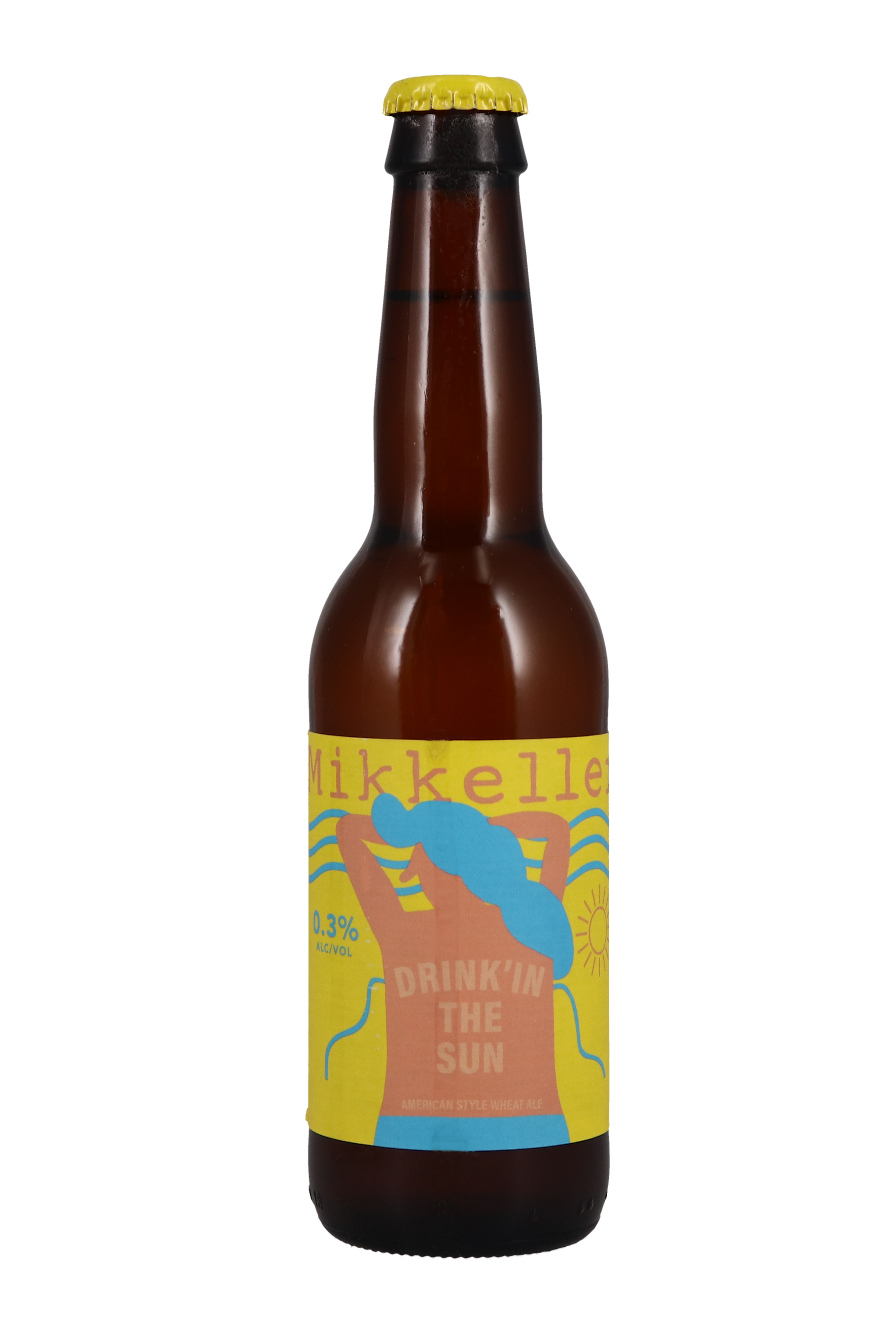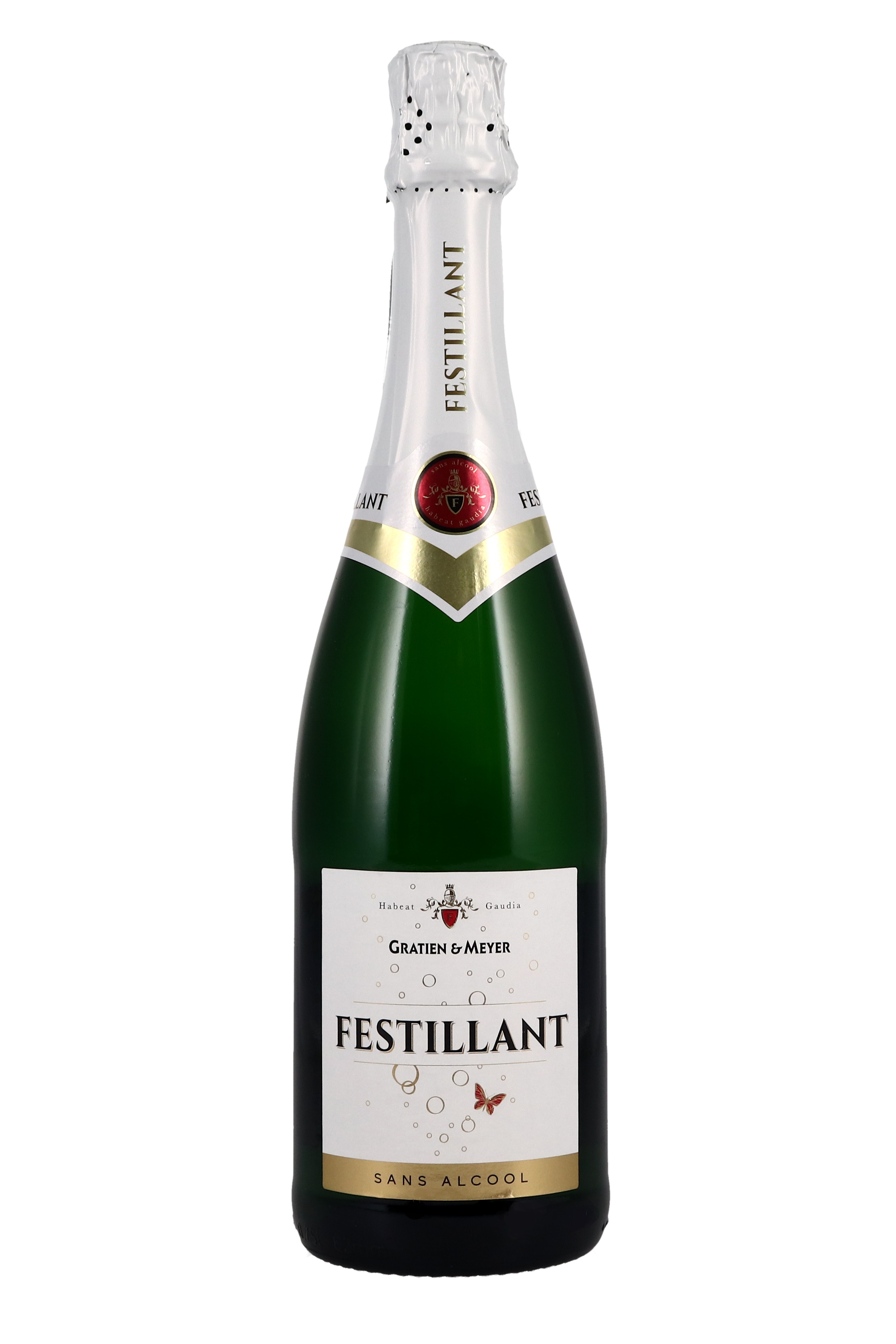How Low Can You Go? Are Low/No Alcoholic Drinks Any Good? (samples available)
The Wine Society, takes a look at the lo/no alcohol sector and invites you to sample from its range.
How Low Can You Go? Are Low/No Alcoholic Drinks Any Good?
As we witness a huge boom in the production and sales of low and no alcoholic drinks, the world’s oldest wine club, The Wine Society, takes a look at the sector and invites you to sample the following from its range:
• Gratien and Meyer Festillant Sans Alcool, £4.50
• Drink in The Sun Alcohol Free Pale Ale, £2.50
According to IWSR Drinks Market Analysis, sales of no/low alcoholic beverages will increase by 31% in volume by 2024. Research undertaken by the IWSR has found that consumers around the world are increasingly prioritising health and wellness when selecting their favourite drinks brand. As consumers continue to pursue healthier lifestyles (the global pandemic has provided yet further impetus in this regard), the sector is poised for further expansion.
So, what is non-alcoholic wine? Pierre Mansour, director of wine at The Wine Society, explains:
“According to” The Oxford Companion to Wine", alcohol is ‘an important, intoxicating constituent of wine and all other alcoholic drinks. Ethanol, often called simply ‘alcohol’, is colourless and odourless but can have considerable impact on how a liquid tastes. Of course, alcohol plays a part in the joy of drinking wine; it makes sharing moments with friends and family convivial and memorable. Alcohol also adds roundness and mouthfeel, contributing to a sense of ‘fullness’ and body.
If a winemaker wants to remove alcohol from a wine, there are several methods, with varying degrees of success; these processes sometimes also remove the aromatics and flavours that make wine such a pleasure to drink to begin with. The expensive and often heavy-handed industrial processes used to produce many ‘no-alcohol’ wines is probably why it’s rare we find any that meet The Society’s high quality standards, but there are always exceptions, such as a lovely French fizz from a Champagne house: Gratien and Meyer Festillant Sans Alcool is consistently good and costs only £4.50 a bottle.
At The Society, we have tended to focus on naturally low-alcohol wine. Some of the world’s greatest white wines are naturally low in alcohol: the dry, steely whites of the Hunter Valley in Australia, from early-harvested grapes, range from 10-11.5%. Germany’s exquisite rieslings, ranging from dry to fully sweet styles, energise and refresh with delicate alcohol levels that reach just 10%, such as our Ruppertsberger Hoheburg Riesling Kabinett 2020 at £7.95. Sparkling wines are often also naturally low, seldom exceeding 12.5% (dry styles) and Italy’s sweeter speciality Moscato d’Asti is a joy to drink at just 5.5%. But finding decent red wines below 12% is a challenge.
While it’s true that lower-alcohol wines can be very good, especially whites and fizz, you should do your research when venturing into the world of de-alcoholised; the quality of the final product is most often disappointing. More successful, in my opinion, is de-alcoholised beer (there’s less alcohol to remove therefore less impact on the taste), such as Drink'in The Sun Alcohol Free Pale Ale from Denmark, at £2.50 for a 33cl bottle.”
For more information on alcohol units and alcohol-free days, visit DRINK AWARE .
Samples are allocated at the discretion of The Wine Society.
Notes to editors
- The Wine Society is the world’s oldest wine club, a not-for-profit co-operative, owned by its members. https://www.thewinesociety.com/value-charter
- Reasons to join The Wine Society (for a one-off payment of £40, £20 of which goes towards your first order)
- Beginner to aficionado: the range suits those who simply enjoy drinking wine, to those who wish to learn more, to those who are already highly knowledgeable.
- It’s easy: Customer service second to none. Informative, easy-to-navigate website and knowledgeable people on the end of the phone.
- Members before Profit The Wine Society is a cooperative, owned by its members, existing solely to sell interesting, great quality wine to its members at a fair price. This is why it is such amazing value.
- There is no pressure to buy. Absolutely no minimum purchase, no cold calls, no hard sell. This is NOT what The Wine Society is about.
- Best buyers: The Society is widely regarded as having one of the best buying teams in the industry. All eight buyers are experts in their fields – all committed to sourcing the best possible quality/price ratio wines from every corner of the wine-making world.
- Huge choice: 1, 500 wines from all over the world on the list at any one time, spanning a wide price spectrum, although most wines are sold in the £6-10 category.
- Tastings & events: The Wine Society (in normal, non-pandemic times) holds tastings and events all over the country for its members. Currently, there is a programme packed full of virtual tastings and talks.
- Education/information: For anyone interested in developing their wine knowledge, there is a wealth of information on www.thewinesociety.com.
- Lifetime membership: membership lasts a lifetime and can even be bequeathed.
Facebook: The Wine Society
Twitter: @TheWineSociety
Instagram: @thewinesociety1874
Press release distributed by Pressat on behalf of THE WINE SOCIETY, on Tuesday 9 March, 2021. For more information subscribe and follow https://pressat.co.uk/
Wine Alcohol-Free Low-Alcohol Health Non-Alcoholic De-Alcoholised Healthy-Lifestyle Food & Drink Health Leisure & Hobbies Lifestyle & Relationships Medical & Pharmaceutical Men's Interest
You just read:
How Low Can You Go? Are Low/No Alcoholic Drinks Any Good? (samples available)
News from this source:



